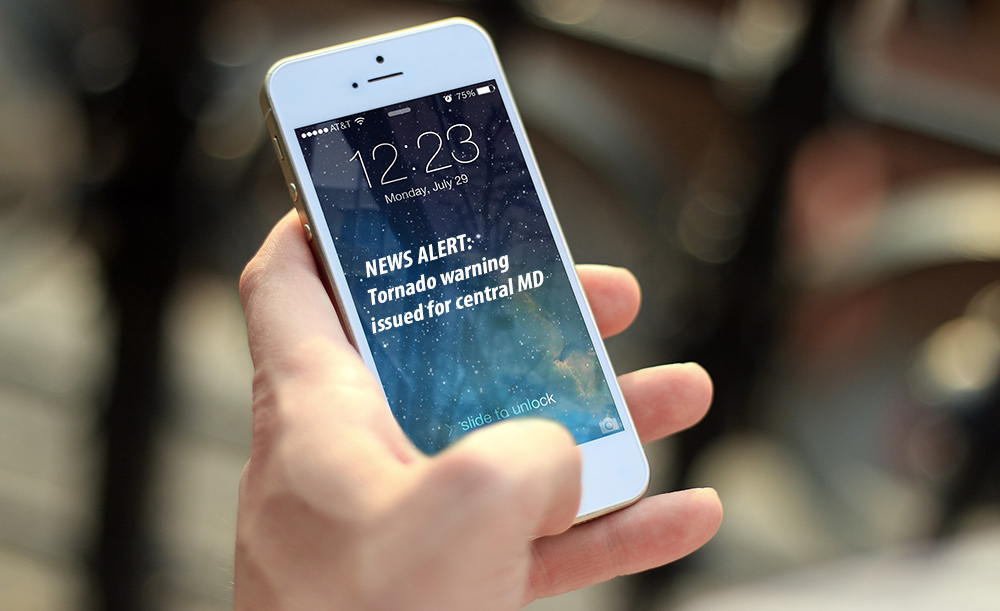In today’s fast-paced world, staying informed is more crucial than ever before. With the rise of digital media, news consumption has undergone a significant transformation. One of the key developments in this evolution is the advent of digital news alert’s. These notifications provide instant updates on breaking news, personalized to individual interests and preferences. In this article, we delve into the concept of digital news alert, exploring their history, functionality, impact on media consumption habits, and future prospects.
Understanding Digital News Alerts
Digital news alerts are notifications delivered to users’ devices, such as smartphones, tablets, or computers, to provide real-time updates on the latest developments in news and current affairs. These alerts can cover a wide range of topics, including politics, finance, sports, entertainment, and more. They are typically delivered via dedicated news apps, email subscriptions, or social media platforms.
The Evolution of Digital News Alerts
Digital news alert have come a long way since their inception. Initially, they were primarily text-based notifications sent via email or SMS, providing brief summaries of breaking news stories. However, with advancements in technology and the proliferation of smartphones, the format and delivery of news alerts have evolved significantly.
Key Features and Functionality
Modern digital news alerts offer a plethora of features designed to enhance the user experience and provide timely, relevant information. Some of the key features include:
Personalization: Digital news alerts can be tailored to individual preferences, allowing users to receive updates on topics they are interested in.
Multimedia Content: Many news alerts now include multimedia elements such as images, videos, and interactive graphics to provide a more engaging experience.
Real-Time Updates: With the advent of live streaming and real-time reporting, digital news alerts can deliver instant updates as events unfold.
Customization Options: Users can often customize their news alerts based on factors such as location, time of day, and preferred sources.
Impact on Media Consumption Habits
The rise of digital news alerts has had a profound impact on how people consume news and information. Here are some of the ways in which they have influenced media consumption habits:
Increased Accessibility: Digital news alerts make it easier for people to stay informed, as they can receive updates wherever they are, without the need to actively seek out news.
Fragmentation of Attention: While digital news alerts provide valuable information, they can also contribute to information overload and distract users from other tasks.
Filter Bubbles: Personalized news alerts may reinforce users’ existing beliefs and preferences, leading to the formation of filter bubbles and echo chambers.
Hyper-Partisanship: The ability to customize news alerts can also exacerbate political polarization by reinforcing users’ ideological biases.
Challenges and Limitations
Despite their many benefits, digital news alerts also face several challenges and limitations. These include:
Information Overload: The constant stream of notifications can overwhelm users and make it difficult to discern which news stories are truly important.
Accuracy and Reliability: In the age of fake news and misinformation, ensuring the accuracy and reliability of news alerts is a significant challenge.
Privacy Concerns: Personalized news alerts raise concerns about privacy and data security, as they rely on collecting and analyzing user data to deliver targeted content.
Monetization: Finding sustainable business models for digital news alert’s can be challenging, as consumers have come to expect free access to information.
Future Prospects
Despite these challenges, the future looks bright for digital news alert’s. As technology continues to advance, we can expect to see further innovations in this space, including:
Artificial Intelligence: AI-powered algorithms can help improve the relevance and accuracy of news alerts by analyzing user behavior and preferences.
Augmented Reality: With the advent of AR technology, news alerts could become even more immersive and interactive, providing users with a richer multimedia experience.
Voice Assistants: The integration of digital news alert’s with voice-activated assistants such as Amazon Alexa and Google Assistant opens up new possibilities for hands-free access to information.
Blockchain Technology: Blockchain-based solutions can enhance the security and integrity of news alerts by providing a tamper-proof record of their origins and content.
Conclusion
Digital news alert’s have revolutionized the way we consume news and information, providing instant updates on breaking stories personalized to individual interests and preferences. While they offer many benefits, they also pose challenges such as information overload, privacy concerns, and the spread of misinformation. However, with continued innovation and advancements in technology, digital news alert’s have the potential to play an even greater role in shaping the future of media consumption. By leveraging emerging technologies such as AI, AR, and blockchain, we can create more personalized, immersive, and trustworthy news experiences for users around the world.







